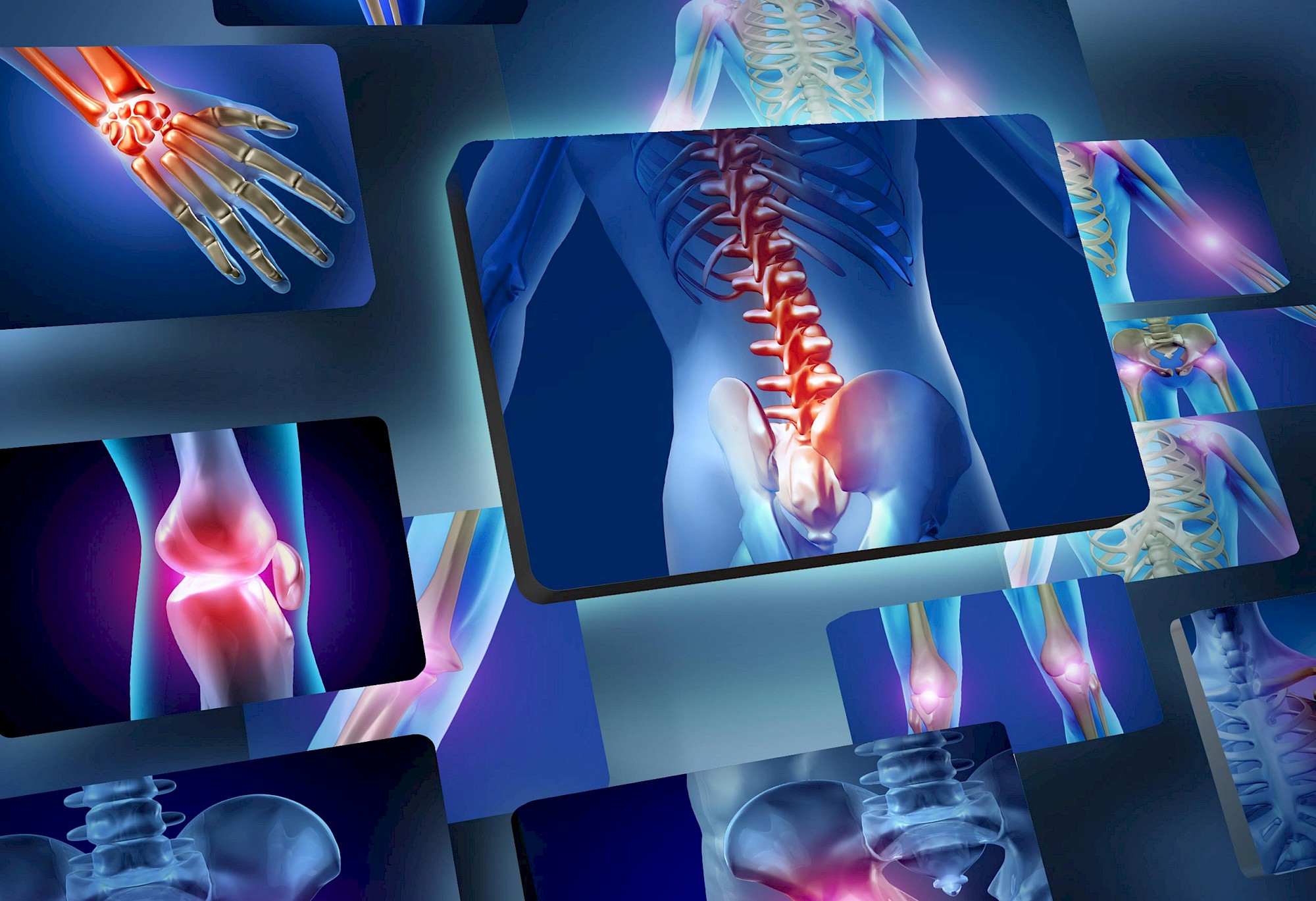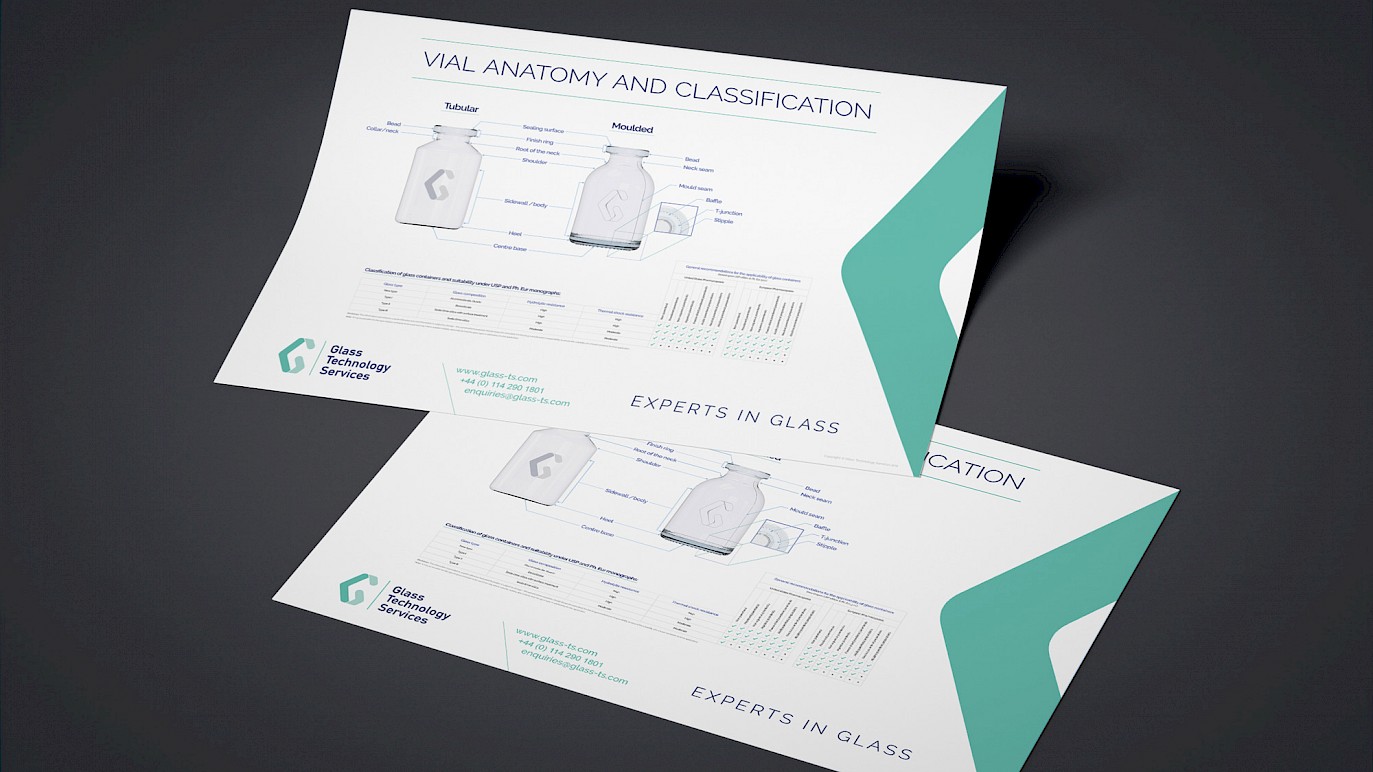The RESTORATION project aims to create novel bioceramic composites using a combination of mechanical design, materials, processing, clinical delivery and subsequent biological interaction to develop new bioceramic products.
Ceramic composite materials show great promise in the repair of musculoskeletal defects. The materials can mimic the structure of bone, and devices made from the materials can be structured to closely match the mechanical requirements of implant sites. In addition, wide ranges of bioactivity are possible, from inert to fully resorbable. Bioceramics and bioceramic composites offer levels of bioactivity which far exceed those available from metal implants, together with combinations of strength and modulus which exceed anything which can be offered by bioactive polymers on their own. Working in tandem with cells, proteins and other biologically active agents (both from the host and introduced) bioceramic composites have the potential to revolutionise many treatments and therapies, giving new, highly effective early stage clinical interventions for conditions where no approach has existed to date.
Through a the combination of mechanical design, materials, processing, clinical delivery and subsequent biological interaction the RESTORATION project will address this underlying research and technological challenge in order to develop new bioceramic products to address the following needs:
- Osteoarthritis
- Vertebral Compression Fractures
- Maxillofacial Bone Fracture Alignment.
Project partners
- University of Newcastle Upon Tyne
- Sagetis Biotech SL
- Bionica Tech SRL
- Orla Protein Technologies LTD
- Karolinska Institutet
- Acondicionamiento Tarrasense Associacion
- Universidade de Evora
- Institut Quimic de Sarria
- Fondazione del Piemonte per l'Oncologia
- JRI Orthopaedics


